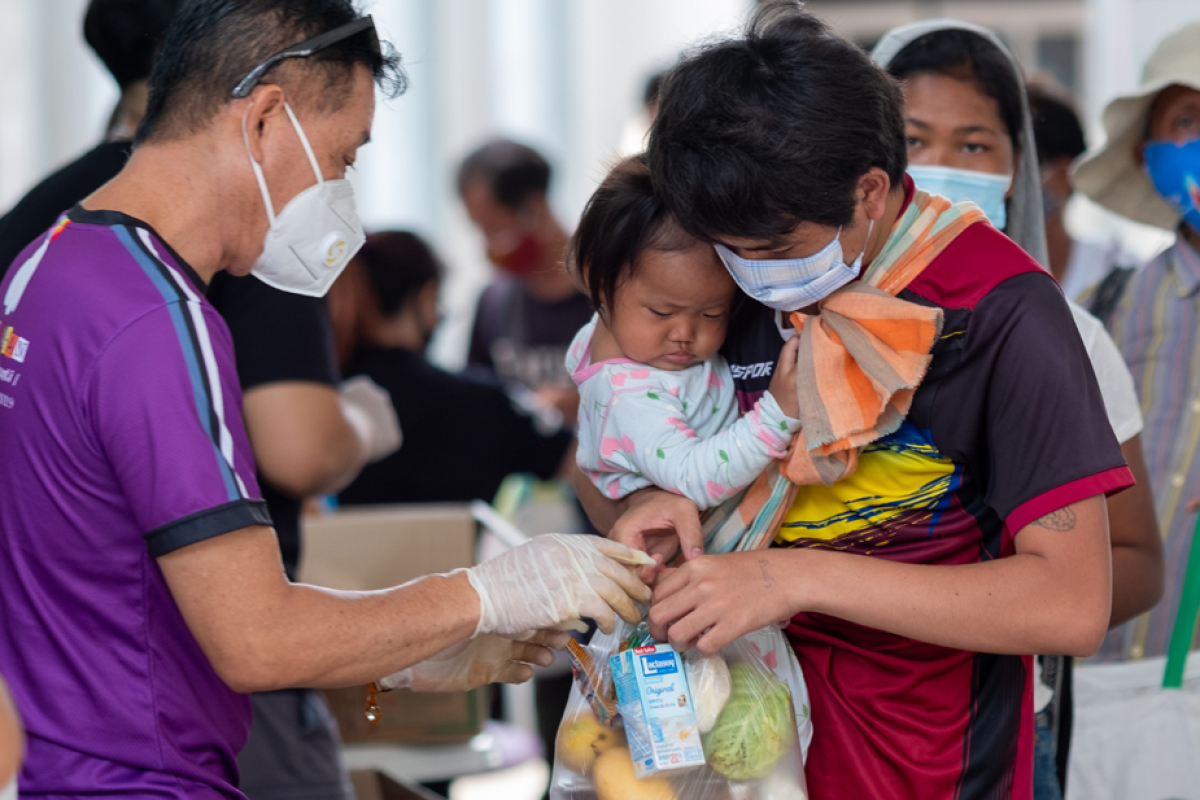The region has experienced rapid economic growth in the past 30 years, with 70 percent of the population rising to the well-off group, while extreme poverty has almost been eliminatedJakarta (ANTARA) - COVID-19 has brought persistent challenges of widening inequalities and environmental damage, yet to be addressed adequately, as well as new challenges arising from accelerating the digital economy, a new APEC Policy Support Unit’s report stated.
"The region has experienced rapid economic growth in the past 30 years, with 70 percent of the population rising to the well-off group, while extreme poverty has almost been eliminated," Emmanuel San Andres, an analyst with the APEC Policy Support Unit, who co-authored the report, noted.
"However, this has come at the cost of environmental damage and climate change, which make our societies more vulnerable to diseases, such as COVID-19," San Andres cautioned.
Meanwhile, the analyst further pointed to inequitable distribution of economic benefits over the past three decades, and currently, the virus has ruthlessly exposed the prevailing social and economic inequalities.
According to the recently issued APEC Regional Trends Analysis, over 50 percent of the income gains over the past three decades have gone to the richest quarter of the population, while the poorest quarter received only four percent. This has had critical implications on the distribution of health, education, and economic opportunities.
Inequality in access to digital tools and infrastructure has come to the fore, as the pandemic necessitated a shift to conducting work, study, and daily transactions online. The report highlights the impact of inequalities on efforts to bring COVID-19 under control.
Even though authorities advise people to stay at home and practice social distancing to slow down the spread of the virus, this is not an option for the poor, many of whom live in cramped spaces and earn daily wages in the informal sector.
"Everyone is affected by the ongoing health and economic crisis, but not to the same magnitude," Rhea C. Hernando, the APEC Policy Support Unit’s researcher and co-author of the report, stated.
"The poor, women, youth, low-skilled personnel, disabled, indigenous groups, and other vulnerable sections of society have to contend with a whole range of issues that are threatening their lives and livelihoods," Hernando remarked.
Another set of challenges arise from the expansion of the digital economy. While digital tools have been beneficial for small businesses in weathering the adverse impacts of the pandemic, particularly during strict lockdown measures, it presents challenges, including cybersecurity, digital fraud, and job precariousness.
"Member economies should allocate the resources needed to build more reliable technological infrastructure and bridge the digital divide," Denis Hew, director of the APEC Policy Support Unit, stated.
"Ensuring access to reskilling and upskilling opportunities will enable more people to participate in the economy and re-ignite innovation that will bring higher productivity and greater economic output," Hew remarked.
The APEC region is projected to record a 2.5-percent contraction in 2020, equivalent to an output loss of around US$1.8 trillion.
To build a more dynamic and resilient APEC region, the report recommends that member economies invest in green jobs and infrastructure; ensure equitable access to healthcare, infrastructure, technology, and education and skills development; as well as maximize potential of the digital economy.
EDITED BY INE
Related news: Economic growth in APEC suffers record decline
Related news: APEC reform agenda to prioritize regional recovery, resilience
Reporter: Yuni Arisandy Sinaga
Editor: Fardah Assegaf
Copyright © ANTARA 2020











